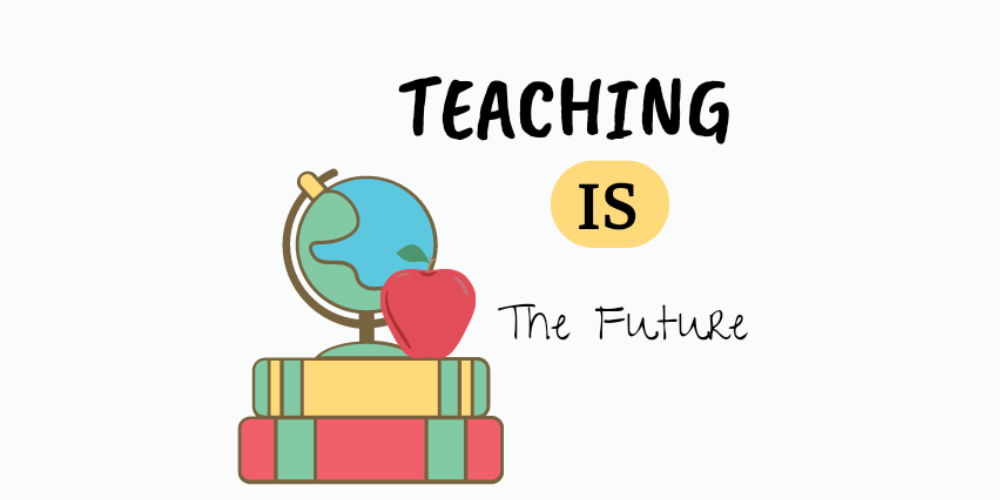Mastering 3rd Grade Fiction Comprehension Made Easy
Introduction:
As young readers move into the world of 3rd-grade fiction, comprehension becomes a key skill to develop. Understanding the text, characters, and themes can enhance a child's reading experience and boost their academic performance. In this blog post, we will explore strategies to make 3rd-grade fiction comprehension easy and enjoyable for young readers.
Understanding Story Elements
To comprehend fiction effectively, students need to grasp the essential story elements. Here's how they can easily master them:
- **Characters**: Encourage children to identify main characters and understand their roles in the story.
- **Setting**: Discuss where and when the story takes place to provide context for the events.
- **Plot**: Help students recognize the sequence of events in the story, including the problem and resolution.
- **Theme**: Guide children to identify the central message or lesson conveyed by the story.
Active Reading Strategies
Engaging with a text actively can significantly improve comprehension. Here are some strategies to make 3rd-grade fiction comprehension easier:
- **Predictions**: Encourage students to make predictions about what might happen next based on clues in the text.
- **Visualization**: Prompt children to create mental images of the story's events and settings to enhance understanding.
- **Summarization**: Teach kids to summarize key points or events after reading each section to consolidate their understanding.
- **Questioning**: Encourage students to ask questions before, during, and after reading to deepen comprehension.
Practice Makes Perfect
Regular practice is essential for improving 3rd-grade fiction comprehension skills. Here are some practice activities to make comprehension easy and fun:
- **Reading Aloud**: Have children read aloud and discuss the story with a partner or family member to reinforce comprehension.
- **Retelling**: Ask students to retell the story in their own words to ensure they have understood the key elements.
- **Writing Responses**: Assign writing tasks such as character profiles or alternative endings to encourage critical thinking and comprehension.
Conclusion:
Mastering 3rd-grade fiction comprehension doesn't have to be a challenging task. By understanding story elements, using active reading strategies, and practicing regularly, students can enhance their comprehension skills and enjoy reading fiction even more. Empower young readers to delve into the world of stories with confidence and ease!
3rd Grade Fiction, Reading Comprehension, Elementary Education.





